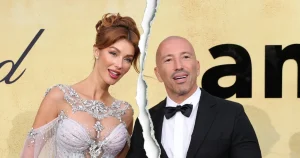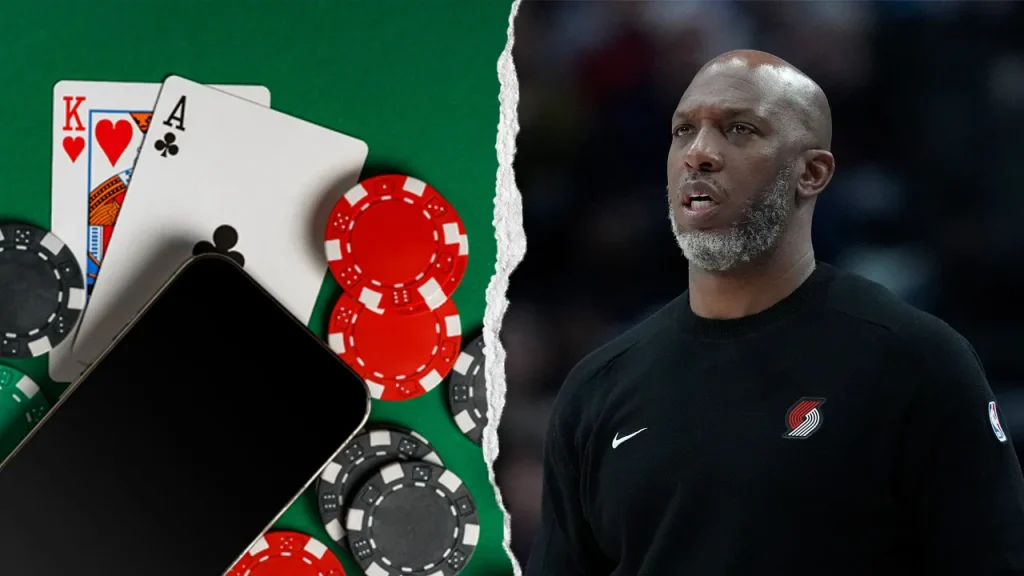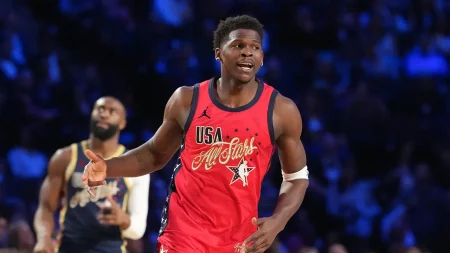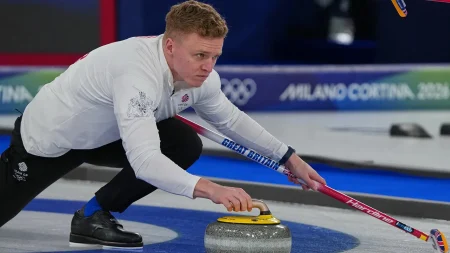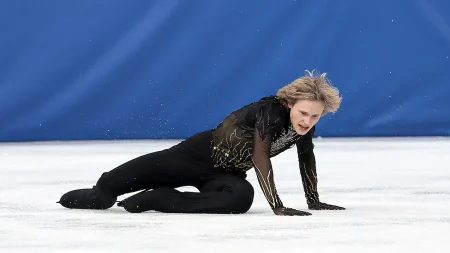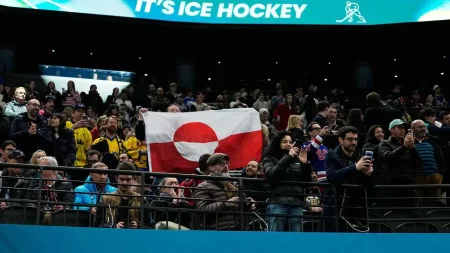NBA Stars Caught in High-Tech Poker Scandal
In a shocking revelation that has rocked the sports world, NBA Hall of Famer Chauncey Billups, Miami Heat guard Terry Rozier, and retired NBA player Damon Jones have been implicated in what U.S. Attorney Joseph Nocella Jr. described as “one of the most brazen sports corruption schemes since online sports betting became widely legalized in the United States.” The three basketball figures were among over 30 individuals arrested on Thursday as part of an FBI investigation into an elaborate poker cheating operation. The scheme didn’t rely on sleight of hand or traditional cheating methods, but instead employed sophisticated technology that would seem more at home in a Hollywood heist movie than in real-world gambling dens.
At the heart of the operation was an arsenal of modified gambling equipment designed to give the conspirators an unbeatable advantage. According to FBI documents, the group used card-shuffling machines that had been secretly altered to read the cards in the deck and predict which player at the table had the best hand. This information was then transmitted via interstate wires to an off-site operator, who would relay it back to a lead conspirator at the poker table. Through a system of signals, this information would be shared among the cheating players, allowing them to make strategic decisions with perfect knowledge of who held the winning hand. The technology didn’t stop there – the group also utilized electronic chip trays with hidden cameras to secretly read cards, card analyzers that could detect which cards were on the table, specially designed contact lenses or glasses that could see invisible markings on the cards, and even an X-ray table capable of reading face-down cards.
The involvement of NBA figures appears to have been strategic rather than coincidental. According to the Department of Justice, Billups and Jones were allegedly used as celebrity bait to draw unsuspecting competitors into the rigged games. Their star power not only attracted victims but also helped deflect suspicion from the operation. In one particularly revealing incident from April 2019, Billups participated in rigged poker games in Las Vegas where victims lost at least $50,000. During these games, text messages between co-conspirators suggested that Billups should intentionally lose a hand to avoid raising suspicions about cheating. One defendant even noted that a victim had “acted like he wanted Chauncey to have his money” because he was “star struck” by the NBA legend – a sad testament to how celebrity worship was weaponized against the victims.
The financial aspects of the case add another layer of intrigue to the story. In October 2020, Billups allegedly received a wire transfer of $50,000 following a rigged poker game, suggesting he was being compensated for his role in the scheme. Meanwhile, Jones allegedly asked for a $10,000 advance before one game, stating that he “needed” action “bad,” though he was only given $2,500. What makes these financial maneuvers particularly puzzling is that both former players had earned substantial sums during their NBA careers – Billups’ career earnings exceeded $100 million, while Jones made at least $20 million. That individuals who had already achieved such financial success would risk their reputations and freedom for these schemes raises questions about the powerful allure of gambling and risk-taking, even among those who seemingly have everything to lose and little to gain.
The scheme’s sophistication points to a troubling evolution in gambling fraud. No longer limited to marked cards or loaded dice, today’s cheating operations can leverage technology in ways that make detection extremely difficult. The interstate nature of the operation – with off-site operators receiving and transmitting information across state lines – also highlights how modern technology enables gambling crimes to transcend geographical boundaries. This case serves as a stark warning about the increasing intersection of technology and gambling fraud, potentially signaling a new era where regulatory bodies and casinos will need to develop more advanced methods to detect and prevent such sophisticated cheating systems.
Beyond the technological aspects, this case has sent shockwaves through the basketball community and sports world at large. For Billups, currently the head coach of the Portland Trail Blazers and a respected NBA figure known as “Mr. Big Shot” for his clutch performances, the allegations represent a potentially devastating blow to a carefully cultivated reputation. For Rozier, an active player with the Miami Heat, the legal troubles could have immediate implications for his career. The NBA has traditionally taken a hard line on gambling-related offenses, and these allegations go far beyond simple betting to outright fraud. As the legal process unfolds, the basketball world will be watching closely to see how these beloved figures respond to the allegations against them, and what consequences they may face both in the courtroom and in the court of public opinion. The case serves as a somber reminder that even sports heroes are not immune to the temptations and pitfalls that can lead to serious legal trouble, regardless of their wealth, fame, or past achievements.
